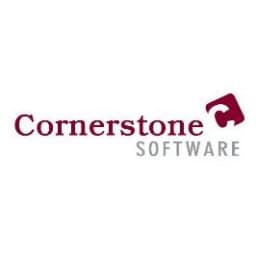
A bed bug spray killer is a great way to get rid of bed bugs in the home. It's eco-friendly, and it works. It's crucial to choose one that suits your needs. Here are some things to look for in a good spray:
Results
You need a product with a high level of efficacy that can kill bugs, eggs and nymphs quickly, but without leaving any residue. It's a major deal and many products aim to accomplish it.
Bed bug sprays that work best contain active ingredients like pyrethroids. These are chemical compounds found in plants. Pyrethroids work as powerful insecticides to kill all bed bug strains when they come into contact.
They also kill nymphs (eggs) and their larvae, before they can develop into adults. They are non-toxic to humans, animals and children.

Some products are odorless, while others have a chemical smell that fades after a few hours. It's important to read the label and choose a spray that has been approved by EPA as safe for use in your home.
How it works
Bed bug spray killers work by attacking bed bugs' central nervous system. This makes them lose their fighting ability. This can be particularly dangerous for infants and children because they're more susceptible to poisoning.
It's important to find a spray that uses a natural pyrethroid such as chloropicrin or dinotefuran, which have been proven to be more effective than synthetic pyrethrins. It's also a good idea to look for products that contain a 5% solution of a naturally occurring insecticide such as deltamethrin, which is safe for children and the elderly.
The residual effects
Some sprays can continue to kill the bed bugs, including their nymphs up to a week after they are first applied. They are a great choice for long-term solutions.
What's more, some of these chemicals are odorless, making them easier to use and less likely to attract pets or children to the area. These sprays are not as effective on bed bug strains resistant to pyrethroids.

Sprays that kill bed bugs can also be used to prevent future infestations. By acting as an effective barrier and preventing bed bugs from entering the house, they will prevent them from getting in. They are useful to prevent infestations spreading to other areas.
You should also treat infested zones twice to make sure that all the bugs have been killed. This is particularly true if there is a large bedbug infestation that you cannot eliminate in one go.
A PMP will conduct an inspection to determine the extent of the infestation and give advice on how to combat bed bugs. A PMP may also use a variety insecticides on the affected areas depending on their severity.
You can also get other services from them, like steam or heat treatments. These options can be used along with insecticide treatments to help reduce the need for PMP visits.